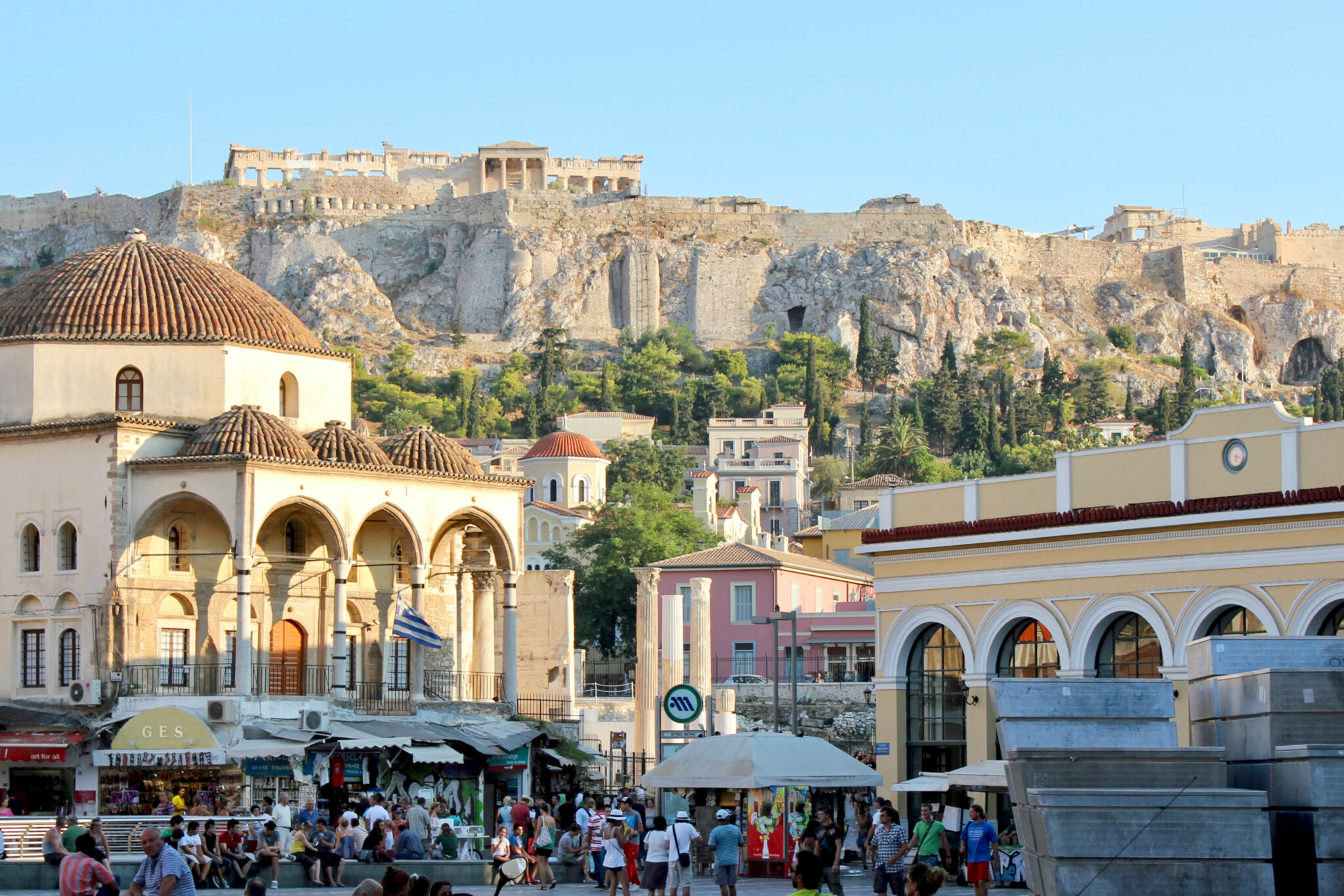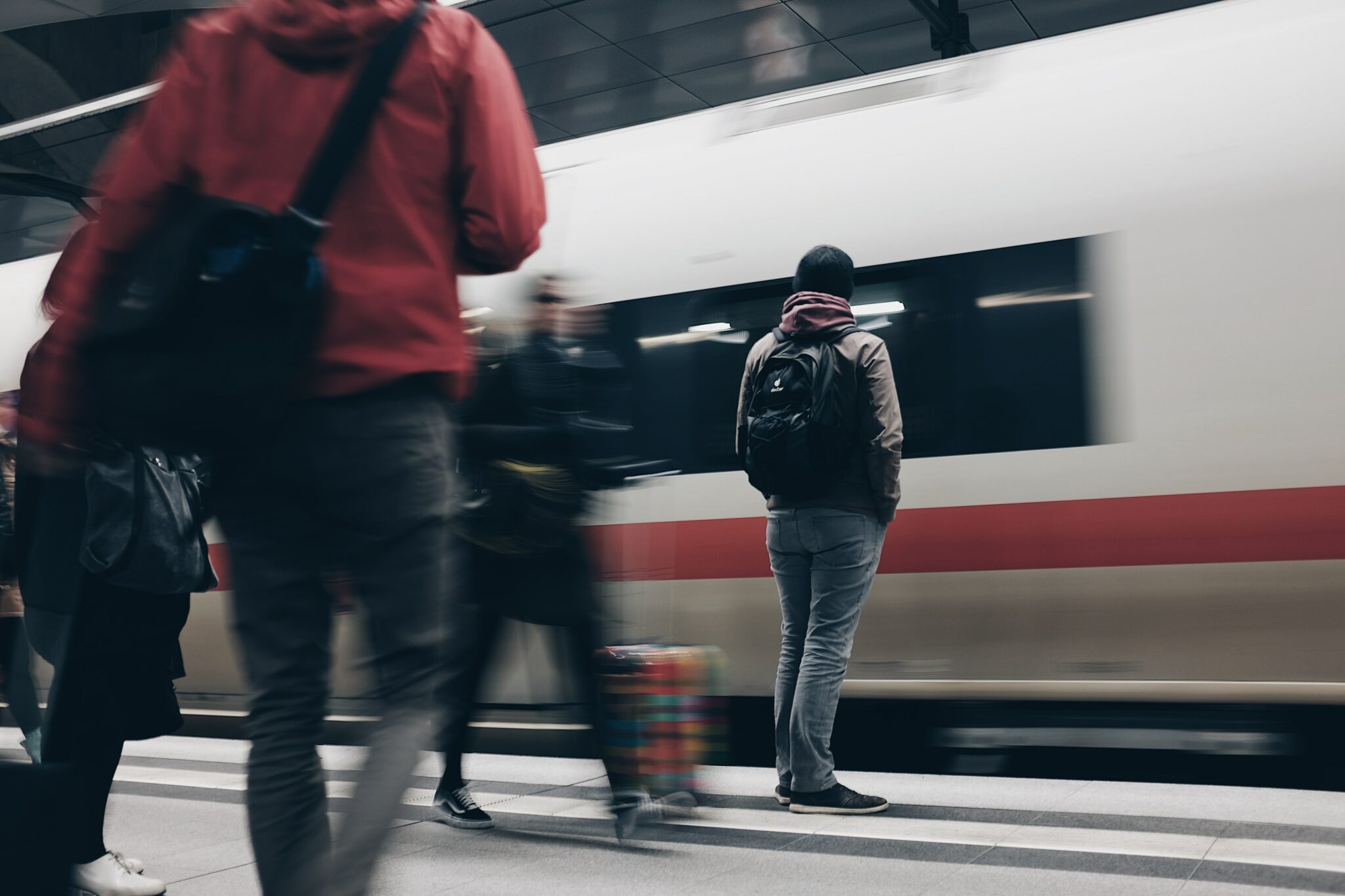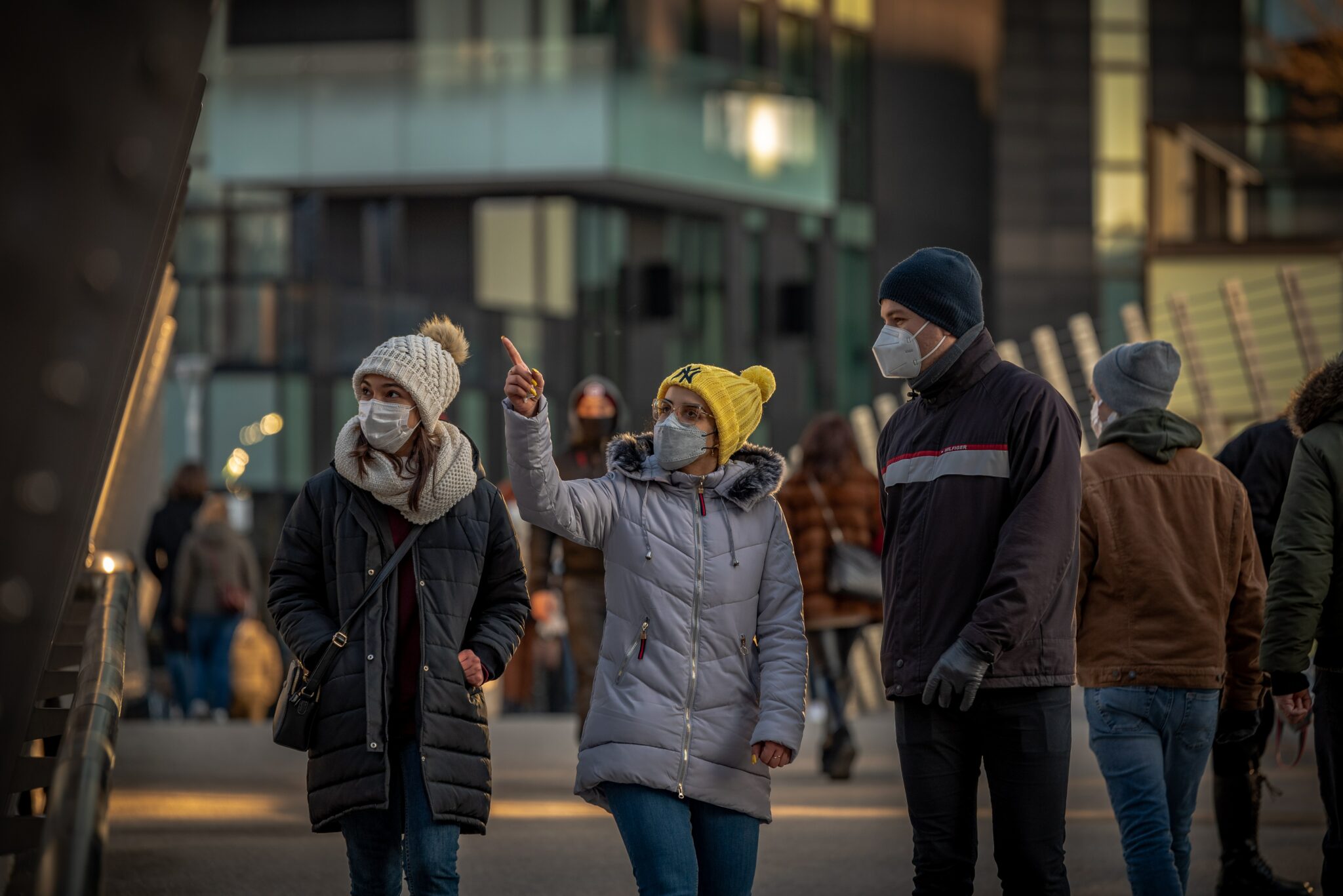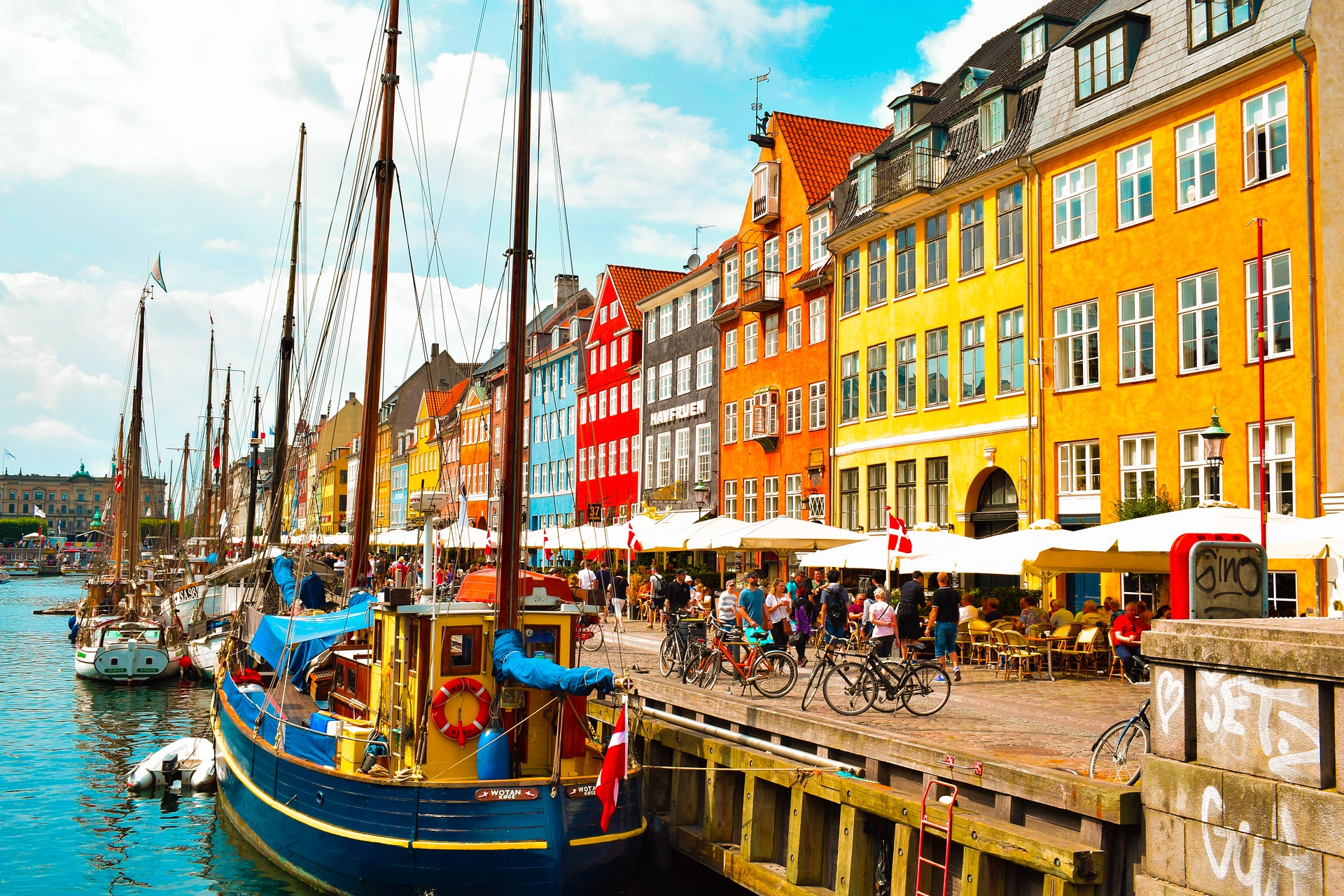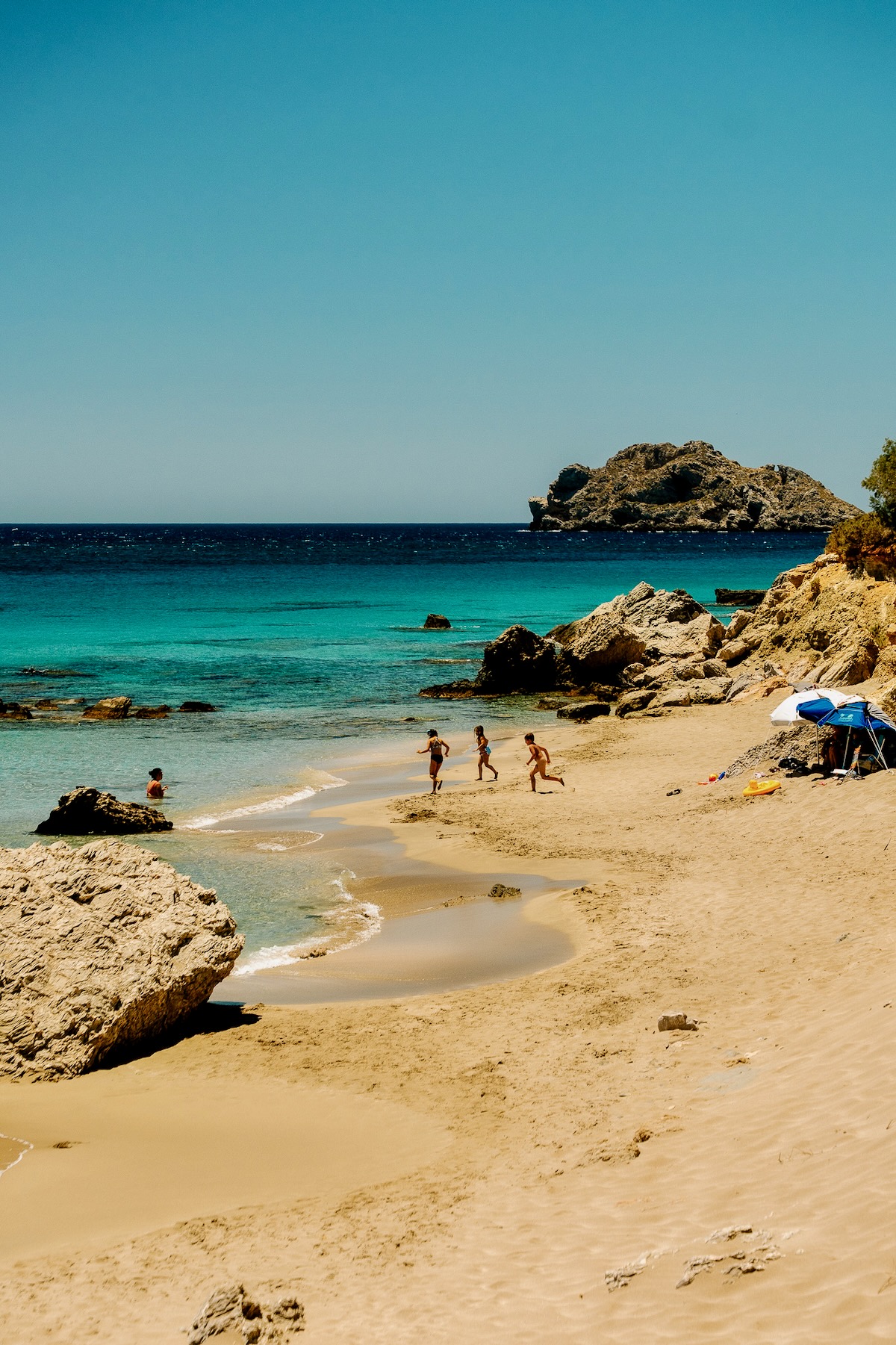European countries have stopped enforcing full lockdowns, but the recent rise in Covid-19 cases around the continent has prompted new restrictions in some parts of Europe. In the Netherlands, for example, restaurants have been forced to impose opening-hour restrictions since last Saturday.
Conditions around Europe can change from day to day, so anybody planning to travel abroad should check with official local sources for any new restrictions. See below a rundown of current travel rules valid for a number of European countries at the time of this article’s publication.
Greece
Holders of EU digital COVID certificates (EUDCC) may enter Greece without being subject to further restrictions (tests or quarantining).
Unvaccinated individuals are now required to present negative rapid or PCR tests in order to enter shops, banks, public services, outdoor sections of entertainment venues (bars, restaurants, cafes), as well as for entry to other retail outlets such as hair and beauty salons. Entering the indoor areas of entertainment venues is now limited to fully vaccinated individuals and holders of recovery certificates.
The use of face masks is mandatory inside public service spaces, public transport as well as outdoor spaces with large crowds such as sport stadiums.
France
Fully vaccinated travellers holding vaccination certificates may enter the country without restrictions but must fill out a form declaring that they are free of any COVID symptoms.
Unvaccinated persons from France’s green-list countries, currently including all EU member states and a number of other countries, among them Switzerland and Canada, need to present negative PCR or rapid tests, or recovery certificates. Additional measures apply for unvaccinated persons entering from Belgium.
Entrance to cultural venues, bars, restaurants, shopping centres and other indoor areas requires presentation of a Pass Sanitaire, a certificate proving that its holder is either fully vaccinated or has recovered from COVID. Mouth and nose must remain masked inside public transport and public spaces. Mask-wearing was once again made mandatory for students a few days ago.
Germany
As a general rule, anybody arriving to Germany either by plane, vehicle, train or vessel needs to present a vaccination or recovery certificate, or a negative test. Persons arriving from countries deemed high-risk locations – at present, these include the UK, Bulgaria and Croatia, among others – without full vaccination or recovery certificates need to quarantine for 10 days. They are entitled to cut short this quarantine period if testing negative test on the fifth day.
Strictly imposed public health measures such as social distancing (1 ½ metres) and mandatory mask-wearing at indoor public areas, as well as public transport, continue to apply. At present, officials are discussing the introduction of further measures for unvaccinated persons. Also, each German state maintains the right to decide on local measures.
Beginning November 15, the social lives of unvaccinated persons in Berlin have been severely restricted through a first stage of measures, valid until at least November 28, not permitting access to restaurants, sport and cultural events, including theatres, cinemas, museums and gyms, as well as hair and beauty salons, zoos and botanical gardens. Berlin’s renowned nightclubs were already subject to this measure.
Italy
The number of cases in Italy has leveled out. Even so, the country’s COVID state of emergency has been extended until December.
Individuals travelling to Italy from any EU member state or a Schengen Area country must present a vaccination or recovery certificate, or a negative PCR test, valid for 48 hours. Travellers entering Italy from all other countries are subject to a complicated system demanding various test and quarantining conditions, depending on their country of origin.
Italian authorities have introduced a four-tier grading system – white, yellow, green and red – for geographical regions, determined by COVID contagion risk. At present, all regions in the country, except for Sicily, have a lowest-risk “white” grading. Entrance to sport events, museums, theatres, bars, restaurants, spas, luna parks and other entertainment venues is limited to persons with full vaccination or recovery certificates, or negative tests. This also applies for passengers on domestic flights, trains or boats.
Mask-wearing remains mandatory for indoor public spaces, outdoor areas attracting crowds, as well as public transport. Social distancing is advised. Temperature checks are conducted at entrances to public buildings and some shops. Regional authorities maintain the right to impose additional measures, locally, should COVID cases rise.
Spain
Curfew measures have been lifted as the number of new COVID cases appear to be under control, but public gathering restrictions continue to apply in certain regions. All people travelling to Spain must fill out a Passenger Locator Form (PLF) ahead of their journey. Spanish authorities consider many EU member states to be high-risk COVID transmission countries. Travellers hailing from such countries need to present vaccination or recovery certificates, or a recent negative test. Attendance capacity limits may apply in certain Spanish regions. Mask-wearing is compulsory on public transport and at indoor public spaces.
UK
On November 1, the UK removed the remainder of countries from its red list, which requires travellers from red-list countries to quarantine upon entering the UK. Vaccinated travellers need to undergo a rapid test on their second day in the UK. If its result is positive, they must follow up with a PCR test, free of charge. The tourism and entertainment sectors have opened for all, vaccinated or not. Mask-wearing is not compulsory.
Austria
On 19 November the Austrian government announced a full national lockdown starting on Monday. The lockdown will last for 10 days at least or 20 days maximum, as announced by by Chancellor Alexander Salenberg during a press conference in Tyrol after meeting with regional governors.
The Austrian chancellor also announced the introduction of compulsory vaccination from 1 February.
Croatia
A full vaccination or recovery certificate, or a negative test is required to enter Croatia. Prior to or upon arrival, travellers need to provide contact information as well as an address and specified duration concerning their stay. Cafes, bars, restaurants and bakeries are open, while customers are advised to wear masks, except for when eating or drinking. Cinemas, theatres, museums and other cultural spaces are subject to capacity restrictions.
The Netherlands
Travellers from most Schengen Area countries, including Greece, need to present a vaccination or recovery certificate, or a negative test to enter the Netherlands.
The country returned to a partial lockdown last Saturday as hospital capacities have been pressured following a fast rise in the number of COVID cases.
The lockdown measures apply to the entire population, not just unvaccinated persons. Bars, restaurants and shops selling essential supplies can remain open until 8pm, while clothes and footwear shops as well as hair salons must close by 6pm.
The new lockdown measures were announced at a news conference by Prime Minister Mark Rutte, who noted that “the virus is everywhere, throughout the country, in all sectors and among all age groups.”
Portugal
Entry is permitted only for travellers from EU member states with vaccination or recovery certificates or a negative PCR or rapid test. Pandemic conditions have improved in Portugal, the number of COVID cases dropping since late July. Bars, restaurants, shops and cultural spaces are operating with limited capacities. Face masks are compulsory in public transport, indoors and at outdoor spaces where the accumulation of crowds cannot be avoided. Negative tests or vaccination certificates are required for entry to many indoor activities.
Czech Republic
Travellers need to fill out a digital form prior to entering the country. Quarantining or undergoing a COVID test is not necessary for travellers arriving from an EU member state if vaccinated or recovered from COVID within the previous 180 days.
Denmark
A recent rise in COVID cases has prompted the Danish government to reintroduce a rule requiring the presentation of a vaccination or recovery certificate or a negative test at venues such as bars and restaurants. Previously, Denmark had lifted all restrictions as of September 10 after the country’s health ministry announced the pandemic was under control and no longer posed a threat to society.



